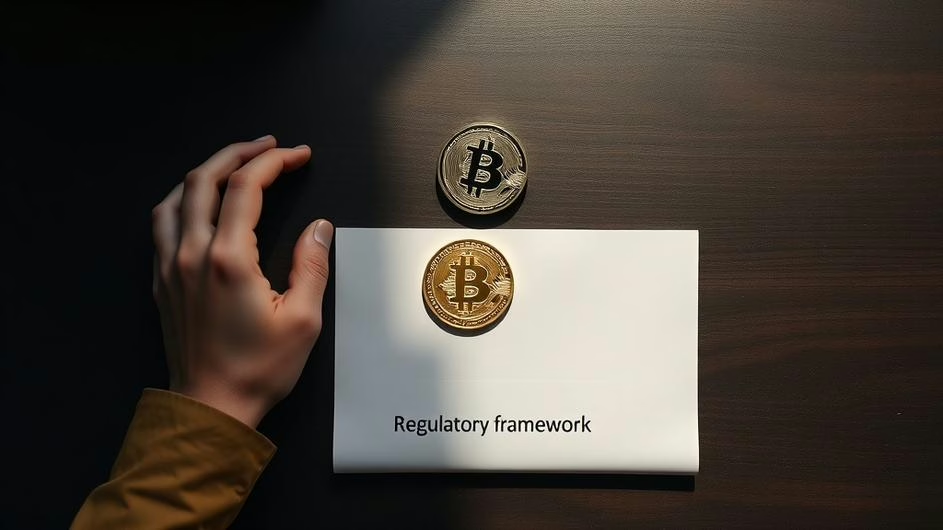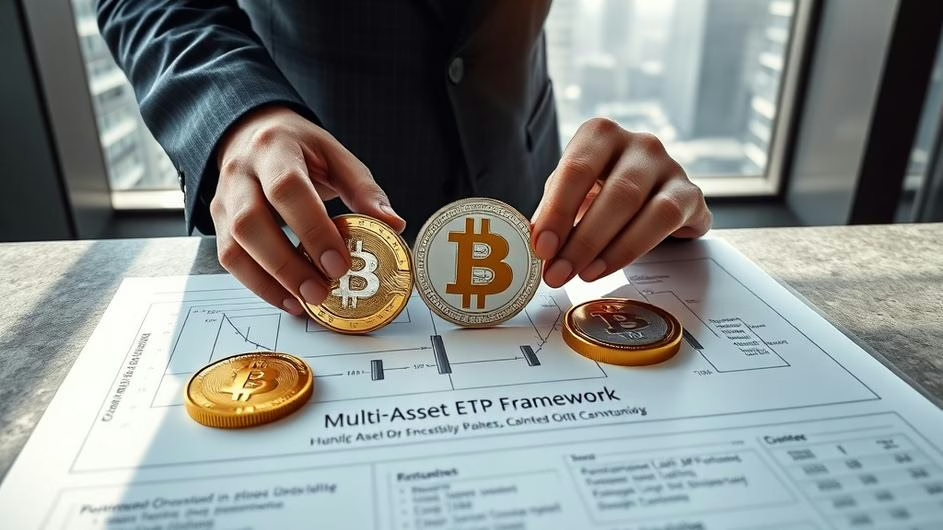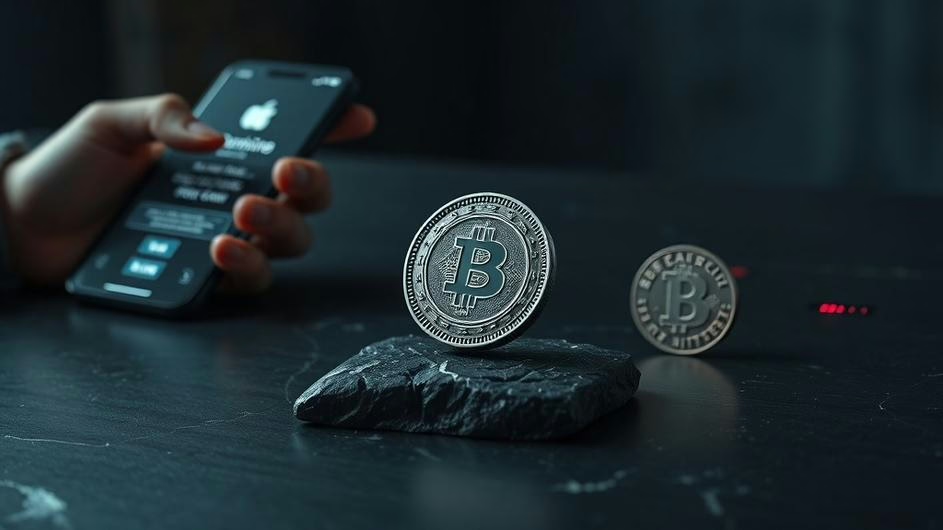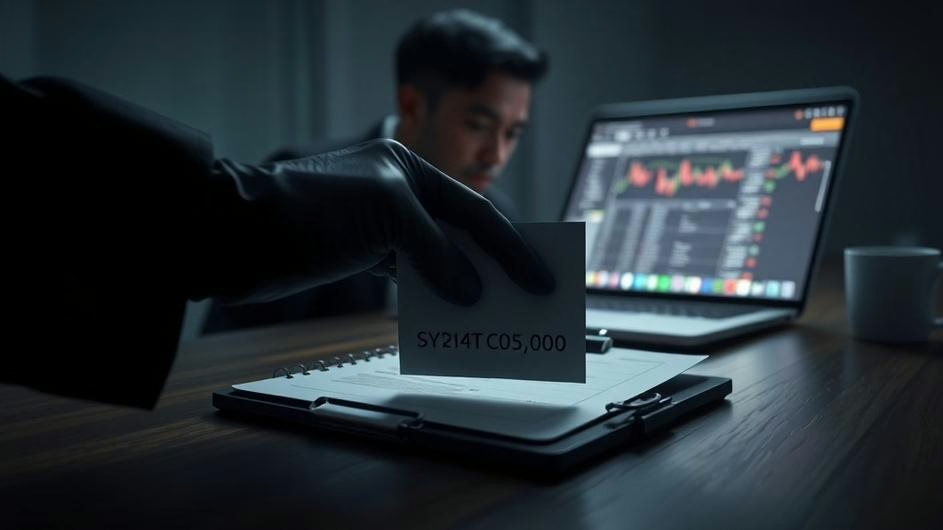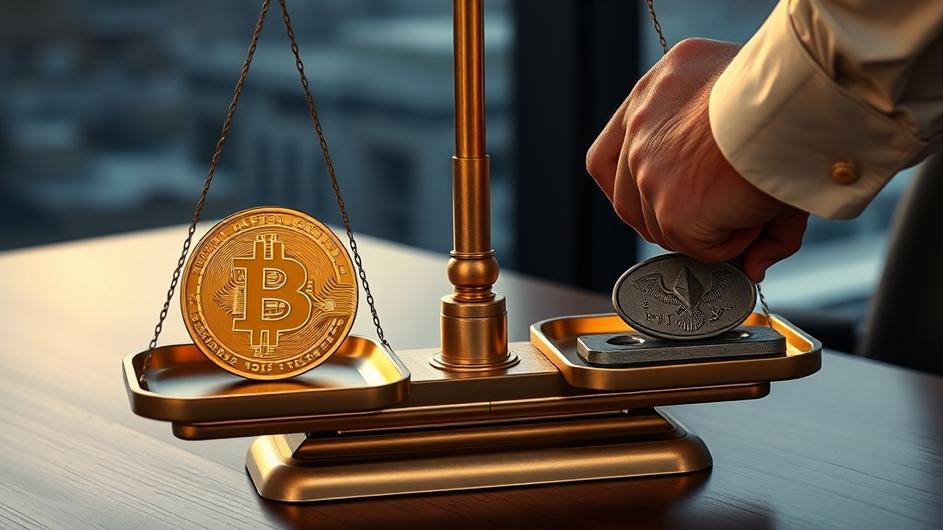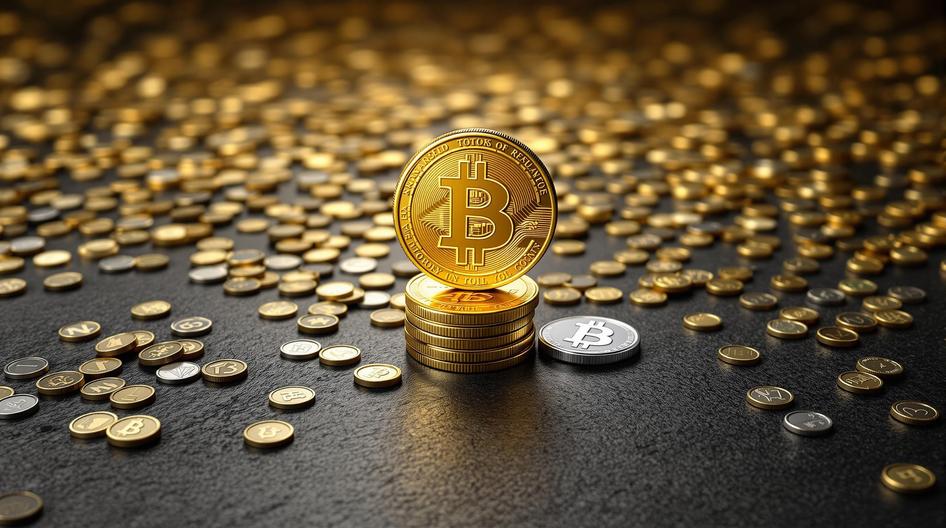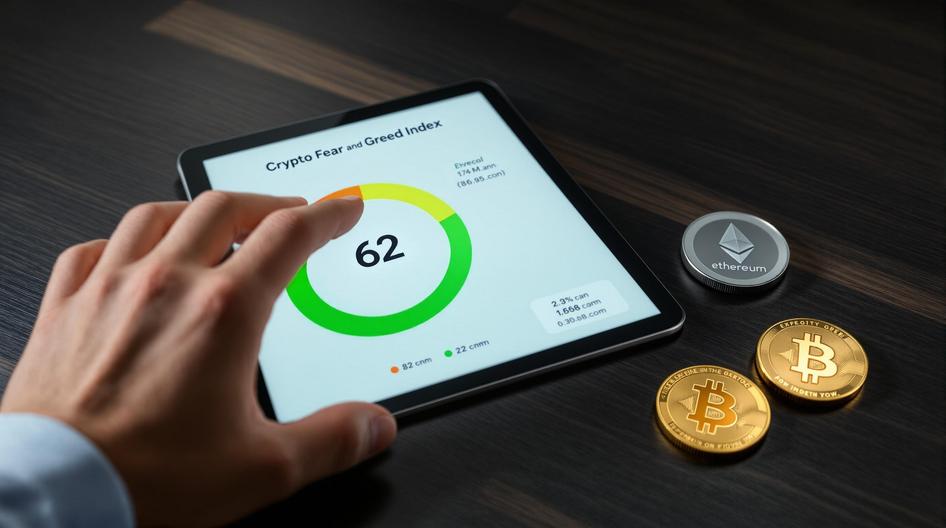
UK Sanctions Crypto Exchange Linked to Russian Ruble Stablecoin
A new wave of financial regulations just rolled through London—and it’s sending aftershocks across the cryptocurrency landscape. The United Kingdom has dropped the sanctions hammer on a major crypto exchange and a ruble-pegged stablecoin, targeting entities accused of helping Russian individuals and organizations sidestep economic restrictions. It signals a dramatic escalation in the struggle to keep digital assets from being used as backdoor channels for illicit finance.
The Moment the Financial World Stopped and Looked Up
If you picture crypto as the Wild West, the UK government just rode into town flashing a shiny new badge. Authorities are making it crystal clear: even the slickest digital operators aren’t immune from the grasp of traditional financial regulators.
Why the sudden spotlight? According to official updates from the UK government, these new sanctions don’t just target rogue traders—they aim to choke off sophisticated networks facilitating the conversion of old-school cash into crypto (and back again) for people already under international sanctions. This isn’t just technical nitpicking. At the heart of their concern are powerful platforms running massive transactions, allegedly without the right Know Your Customer (KYC) or Anti-Money Laundering (AML) oversight. Imagine anonymous wallets zipping ruble-backed tokens across the blockchain: quick, borderless, and—if left unchecked—effectively invisible.
The Sanctions Unpacked: Who’s in the Hot Seat?
The Treasury’s latest move puts both a high-profile crypto exchange and the ruble-pegged stablecoin under an international microscope. Why the stern approach? These platforms have raised suspicions as prime hubs for shifting rubles into crypto and funnelling those funds wherever they’re needed, all while allegedly skirting regulations that reputable financial institutions can’t dodge. It’s kind of like setting up a storefront with the curtains drawn—sure, you’re open for business, but nobody knows who’s walking out the back door.
The stablecoin at the center of the storm—linked directly to the Russian ruble—presents an especially tricky challenge. Stablecoins are supposed to offer a safe haven from crypto volatility, but when pegged to politically sensitive currencies, they can become vehicles to slip past traditional banking barriers. This is no small-scale problem; it’s the kind of loophole that keeps sanctions experts awake at night.
Why the Crackdown? The Fight Against Crypto Evasion
Let’s rewind a bit. After Russia’s invasion of Ukraine, much of the world slapped sweeping financial penalties on Moscow—a move meant to keep Russian money from flowing freely across global markets. Yet, as any tech enthusiast knows, determined actors always hunt for workarounds. Enter crypto—a fast, liquid financial system sitting just outside the reach of many traditional enforcement tools.
Authorities aren’t just worried about one-off transactions. They’re looking at patterns, repeated behavior, and networks that seem designed to keep the ruble moving, even after the doors of international banks have shut. The newly unveiled sanctions signal that regulators are learning, adapting, and zeroing in on digital loopholes.
But what does this mean for the wider crypto universe? Are more platforms about to get a knock on their digital doors?
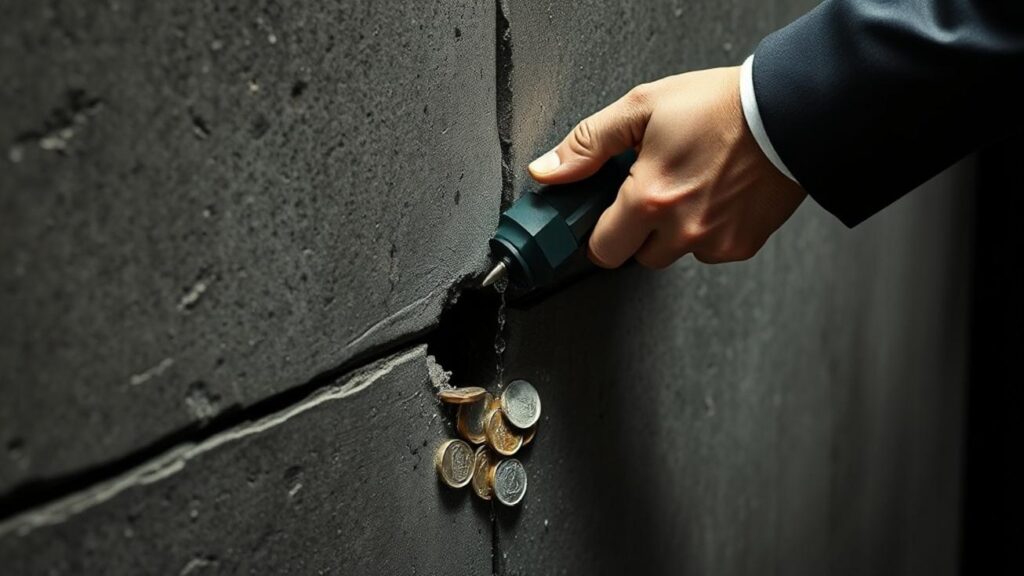
Ripple Effects: Crypto Faces a Tougher World
The UK’s hard stance is rippling through the industry. If you’re running, investing in, or developing crypto projects, these are the changes you can’t afford to ignore.
- Bigger, Broader Scrutiny: Authorities worldwide are paying closer attention to crypto exchanges and stablecoin issuers. Expect shorter leashes and taller regulatory fences. Countries known for their softer approach to crypto regulation might quickly follow suit—and nobody likes playing catch-up in a race like this.
- Changes in Stablecoin Oversight: Stablecoins linked to volatile or controversial currencies will find themselves under the harshest lights. Issuers may soon face demands for airtight audit trails, proof of reserves, and continuous sanctions screenings. Some say this could fast-track government-led projects like central bank digital currencies (CBDCs).
- Operational Risings for Exchanges: If an exchange gets lazy about compliance—even unintentionally—the consequences could be severe. Blacklisting, frozen assets, or even criminal charges aren’t out of the question. Nobody wants their platform to end up in those headlines.
- Tech to the Rescue? Maybe: Suddenly, compliance software and analytics tools—from blockchain forensics to AI-powered risk engines—look a lot more appealing. It’s not paranoia if regulators are, in fact, watching. If you’re in the tech world, this shift could mean opportunity: expect demand for advanced monitoring tools to skyrocket. For more on how AI is transforming industries, check out this deep dive into AI-powered compliance solutions.
- Spotlight on DeFi: Today, officials are shining their spotlight on big, centralized exchanges. But smart money knows this is just the beginning. The Decentralized Finance (DeFi) sector—which prides itself on removing middlemen—could catch policymakers’ eyes next. Will regulators figure out ways to squeeze even the most distributed platforms? Time will tell.
What Does This Mean for the Future?
The UK isn’t acting alone. Its sharp new approach dovetails with actions from the U.S. Treasury’s Office of Foreign Assets Control and the EU’s evolving crypto laws. By calling out a crypto exchange and a ruble stablecoin by name, British regulators aren’t just flexing—they’re offering a playbook for others to follow. It’s proof that governments now grasp the reality: just because money moves in zeros and ones doesn’t mean it’s untouchable.
There’s another piece to the puzzle: global teamwork. Crypto doesn’t respect national borders; regulating it takes joint action. The UK is pushing for precisely that, as underscored in official releases and guidance for exporters aiming to avoid unwittingly supporting sanctioned individuals. If one country tightens rules while others look the other way, bad actors will simply move their game elsewhere.
So, what’s around the corner? If the pattern holds, more exchanges and stablecoins worldwide may find themselves in regulators’ crosshairs, leading to a wave of industry self-policing. And for digital asset holders or developers, it’s time to keep up with best practices—or risk being left out as jurisdictions raise the bar.
What’s at Stake for Crypto Users?
These sanctions aren’t just policy chatter. Imagine you’re a developer launching a new token, an investor with holdings in stablecoins, or a trader moving money across borders. Suddenly, platforms you trusted are de-platformed or blacklisted, assets are frozen, and compliance checks become part of every transaction. Is it a hassle? Absolutely. But in a world fixated on security, these hurdles are the new normal.
Curious how fast-moving regulatory change can shake up digital landscapes? Recent cases like the crackdown on crypto-related scams (think: that infamous North Korea sanctions scam) provide great reference points, showing just how interconnected and vulnerable the ecosystem can be.
Looking Forward: A Maturing Industry
As the digital frontier matures, one thing’s clear: regulations are here to stay. Some might see the new rules as a clampdown, others as a step toward making crypto safer, more trusted, and ready for mainstream adoption. Governments are determined not to let innovation turn into loopholes that undermine global stability. For every project leader and crypto entrepreneur, adaptability will be the name of the game—from beefing up compliance processes to building with transparency front and center.
Curious about how these themes play out across the tech world? Explore the ripple effects of major regulations in the digital economy on TechDailyUpdate’s newsfeed.
In Case You Missed It: Supporting Resources
Want to dig deeper into the rules behind these headlines? Check out:
- UK government guidance for exporters on avoiding sanctions circumvention
- Analysis of the 2025 UK sanctions update
- US Treasury sanctions announcements
- UK sanctions tracker and expert notes
- Up-to-date coverage of the global regulatory battle over digital assets on crypto and stock market reactions
If you’re holding crypto or working in this space, stay alert, stay informed, and expect things to keep moving fast. Because when it comes to the world of digital assets, the game is changing by the week.














